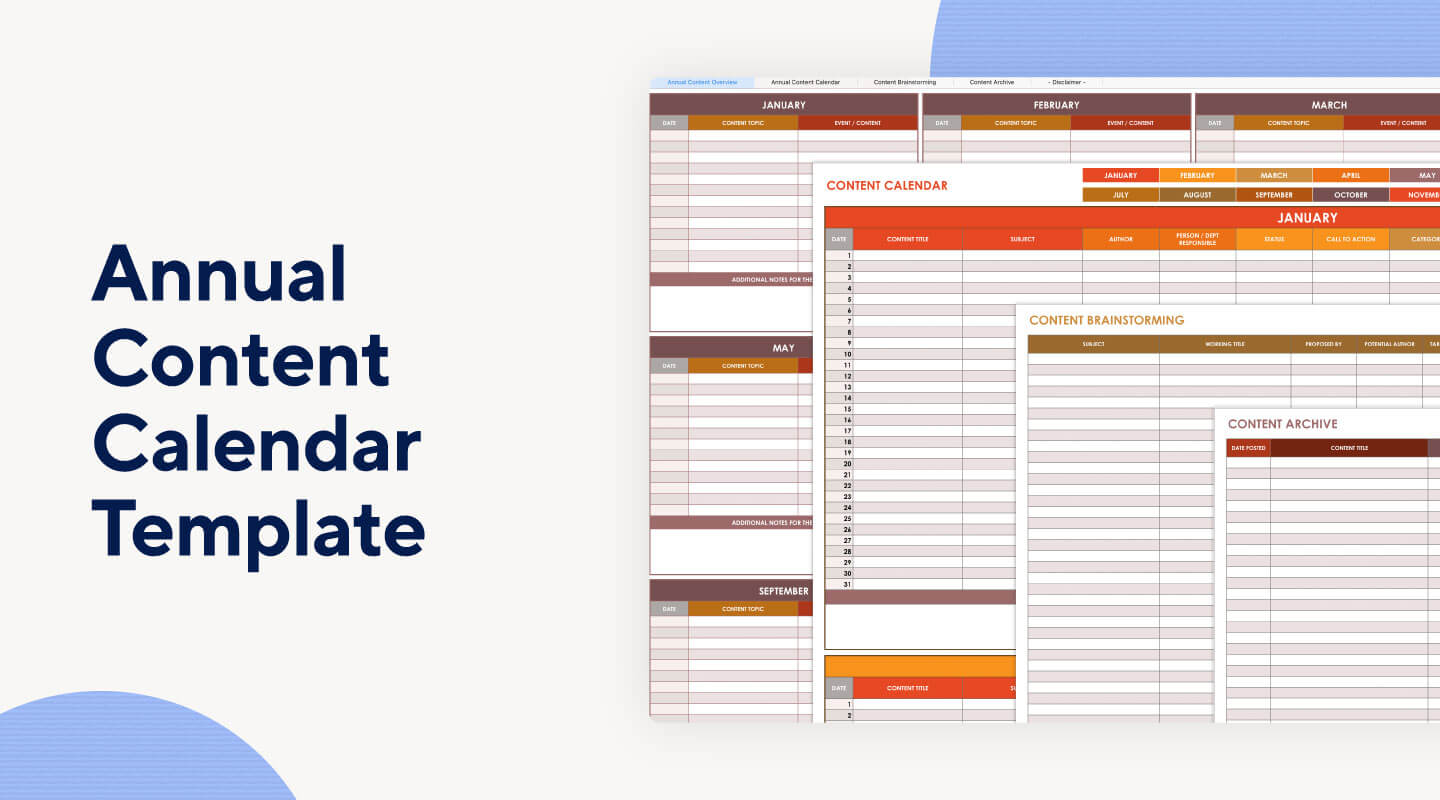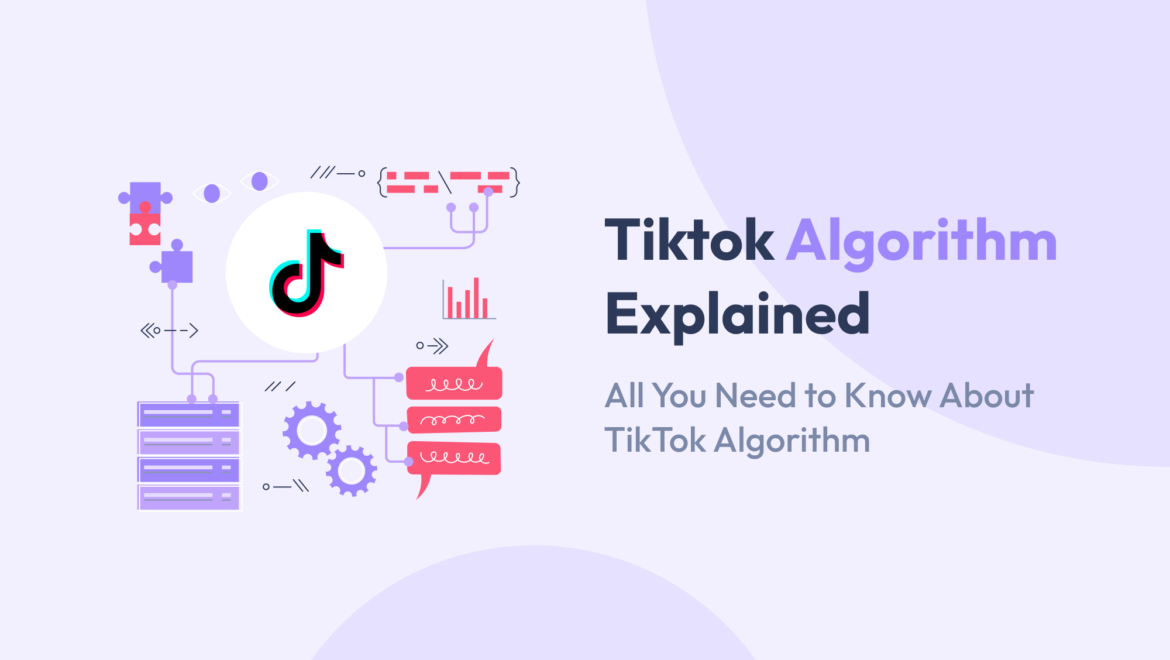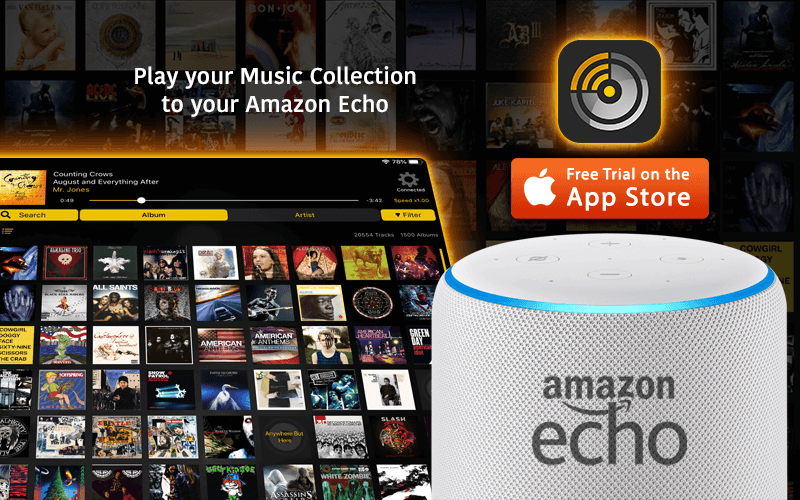In the digital age, planning and organizing your content is crucial for maintaining a consistent and effective online presence. One of the best tools for this purpose is a content calendar. In this guide, we’ll explore what a content calendar is, why it's important, and provide you with five free templates to help you get started.
What Is a Content Calendar?
A content calendar is a strategic tool used to plan, schedule, and manage your content across various platforms over a specific period. It helps you organize and track the publication of content, ensuring that you consistently deliver valuable information to your audience while meeting your marketing goals.
Key Components of a Content Calendar:
- Content Topics: The themes or subjects you plan to cover.
- Publication Dates: Scheduled dates and times for publishing content.
- Content Formats: Types of content such as blog posts, social media updates, videos, or infographics.
- Distribution Channels: Platforms where content will be shared (e.g., website, social media, email).
- Responsible Parties: Individuals or teams responsible for creating, reviewing, and publishing content.
- Deadlines: Dates for completing various stages of content creation and approval.
Benefits of Using a Content Calendar:
- Organization: Helps you plan and visualize your content strategy in advance, ensuring that all tasks are completed on time.
- Consistency: Ensures regular posting and a steady flow of content, which can improve engagement and retention.
- Efficiency: Streamlines the content creation process by setting deadlines and responsibilities, reducing last-minute stress.
- Strategic Planning: Allows you to align content with marketing goals, seasonal events, and industry trends.
- Collaboration: Facilitates teamwork by providing a clear overview of who is responsible for each task and when it’s due.
5 Free Content Calendar Templates
To help you get started with your content planning, here are five free content calendar templates. Each template is designed to cater to different needs and preferences.
1. Google Sheets Content Calendar Template
Description: A versatile and easy-to-use template available on Google Sheets. It allows you to create, edit, and share your calendar with team members in real-time.
Features:
- Monthly and weekly views
- Columns for content topics, formats, publication dates, and channels
- Color-coded categories for better organization
Download Link: Google Sheets Content Calendar Template
2. Excel Content Calendar Template
Description: A comprehensive Excel template designed for those who prefer working offline. It includes various sheets for tracking different aspects of your content strategy.
Features:
- Annual and monthly views
- Sections for content ideas, deadlines, and status updates
- Built-in formulas for tracking progress
Download Link: Excel Content Calendar Template
3. Trello Content Calendar Template
Description: A Trello board template tailored for managing content creation and publishing tasks. Trello’s visual approach makes it easy to track progress and collaborate with your team.
Features:
- Kanban-style boards with lists for different stages of content creation
- Cards for individual content pieces with due dates and checklists
- Labels and attachments for better organization
Download Link: Trello Content Calendar Template
4. Asana Content Calendar Template
Description: An Asana template designed for project management and content planning. It provides a clear overview of tasks, deadlines, and responsibilities.
Features:
- Calendar view with tasks and deadlines
- Sections for content ideas, drafts, and publishing
- Task assignments and progress tracking
Download Link: Asana Content Calendar Template
5. Airtable Content Calendar Template
Description: Airtable offers a flexible and visually appealing content calendar template that combines the functionality of a spreadsheet with the power of a database.
Features:
- Customizable views (grid, calendar, Kanban)
- Fields for content details, deadlines, and status
- Collaboration features and integrations with other tools
Download Link: Airtable Content Calendar Template
How to Use a Content Calendar Effectively
-
Define Your Goals:
- Start by setting clear objectives for your content, such as increasing brand awareness, driving traffic, or generating leads.
-
Plan Your Content:
- Identify key topics, formats, and publication dates. Consider your audience’s interests and industry trends to ensure relevance.
-
Assign Responsibilities:
- Designate team members for content creation, editing, and publishing tasks. Clearly communicate deadlines and expectations.
-
Monitor and Adjust:
- Regularly review your content calendar to track progress and make adjustments as needed. Analyze performance metrics to refine your strategy.
-
Stay Flexible:
- Be prepared to adapt your content plan in response to unforeseen events, new opportunities, or changing priorities.
Using a content calendar is a strategic approach to managing and optimizing your content efforts. By leveraging the free templates provided and following the steps outlined, you can enhance your content planning, maintain consistency, and achieve your marketing goals more effectively.






















